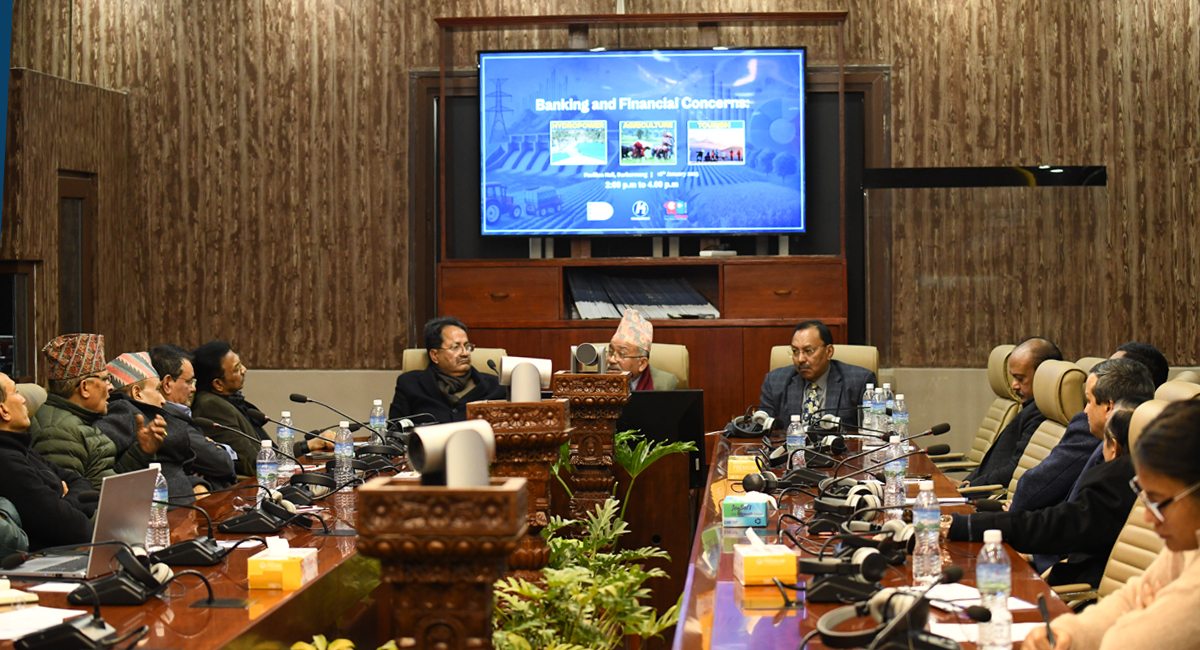KATHMANDU: The private sector has become a vital contributor to Nepal’s hydropower development, currently producing 2,700 MW of electricity out of the country’s total installed capacity of 3,500 MW.
Over 80 percent of ongoing hydropower projects, totaling 4,500 MW, are funded by private investment. However, energy entrepreneurs are raising concerns about mounting challenges that threaten the sustainability and growth of this sector.
Nepal’s journey toward private sector involvement in hydropower began in 1993 with the Khimti Hydropower Project, the first to secure a Power Purchase Agreement (PPA) with the Nepal Electricity Authority (NEA). Since then, private investments have propelled Nepal to become a net exporter of electricity.
In the fiscal year 2023/24, Nepal exported electricity worth Rs 17 billion to India. Additionally, Nepal has started selling power to Bangladesh.
The government has set ambitious targets to harness Nepal’s hydropower potential, aiming to export 10,000 MW of electricity within the next decade.
The “Energy Development Roadmap 2024” outlines plans to produce 28,000 MW of electricity by 2035, requiring investments totaling Rs 6.6 trillion. However, these goals face significant hurdles due to systemic inefficiencies, policy bottlenecks, and financial constraints faced by private developers.
At a recent program titled “Banking and Financial Concerns: Hydropower, Agriculture, and Tourism,” organized by the Institute for Strategic and Socio-Economic Research (ISSR) and Khabarhub, stakeholders discussed critical issues plaguing the energy sector.
Ganesh Karki, president of the Independent Power Producers’ Association Nepal (IPPAN), highlighted that developers are struggling due to insufficient support from financial institutions, bureaucratic delays, and government inaction on essential infrastructure like transmission lines.
He stated that developers could produce and export over 15,000 MW of electricity if the government prioritized the sector with appropriate policies.
Entrepreneurs also pointed out delays in processing PPAs for projects totaling 12,500 MW and stringent requirements imposed by banks for financing. Banks demand three generations of financial records as collateral, a condition developers view as impractical.
Additionally, hydropower projects funded by Nepali investors face interest rates of up to 11 percent, while foreign-funded projects enjoy lower rates, around 8 percent. This disparity has discouraged domestic investments.
Environmental regulations and local-level issues further complicate project execution. Obtaining forest clearance for hydropower sites, land acquisition, and dealing with community disputes are common challenges faced by developers. Moreover, a lack of security for energy workers poses risks to project completion.
From the financial sector, bankers defended their cautious approach. Nabil Bank CEO Gyanendra Dhungana explained that hydropower projects are considered high-risk, justifying higher interest rates for local developers. However, he suggested that future loans could be provided without solely relying on collateral if risk management improves.
Former Foreign Minister NP Saud underscored the importance of leveraging energy trade agreements with India and Bangladesh to enhance Nepal’s energy export potential.
Former Chief Justice Kalyan Shrestha added that while hydropower is crucial, the country must also explore investments in other sectors to ensure balanced economic growth.
Nepal stands at a critical juncture in its energy journey. While the private sector has demonstrated its capacity to drive hydropower development, systemic reforms are necessary to address financial barriers, streamline policies, and expedite infrastructure projects.
Collaborative efforts between the government, private sector, and financial institutions will be key to realizing Nepal’s hydropower potential and achieving its energy goals.









Comment